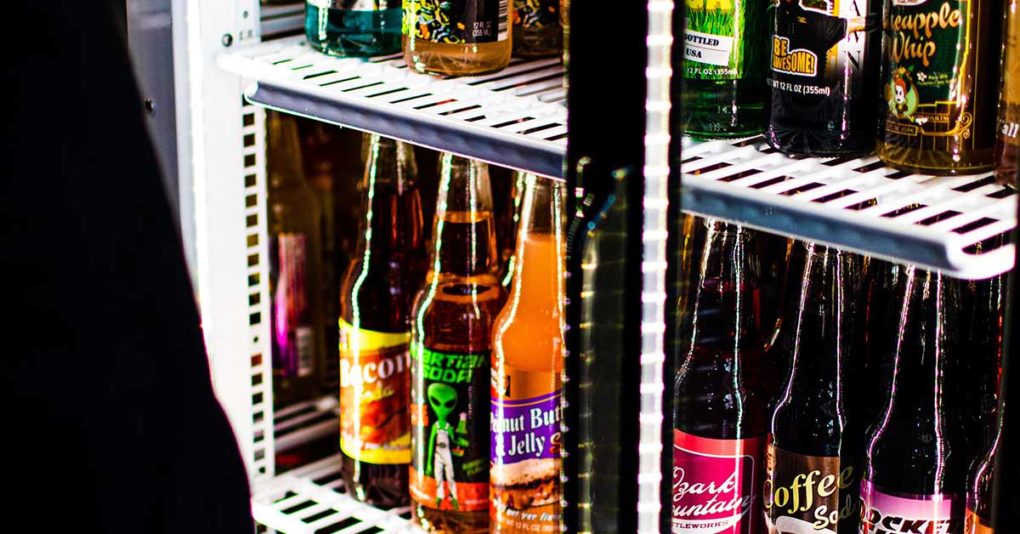Over one-fifth of the convenience channel is planning to give more space to beverages in the new year, with energy drink growth driving optimism for the total beverage category, according to the latest Beverage Bytes retailer survey released by Goldman Sachs Equity Research this week.
The quarterly survey, which represents about 37,000 c-stores nationwide (roughly 25% of the channel), found that 21% of respondents intend to give more shelf space to drinks during spring resets in 2024. Shelf space for the non-alc category is expected to increase around 5.4% overall.
Energy drinks are expected to gain the most from these extensions, with Celsius looking to be the biggest gainer among individual brands: 87% said they’re planning to give the performance energy drink more space next year. The brand, which is backed and distributed by PepsiCo, is expected to see a 12.8% increase on a weighted average store basis, Goldman reported.
Retailers also cited C4 (+9%) and Monster (+3.4%) as brands they intend to expand in 2024, while some of those gains will come at the expense of Red Bull, which is likely to lose around 3% of its shelf space.
As well, retailers said they are likely to increase space for The Coca-Cola Company products by about 2% on a weighted average store basis, but one brand likely to lose facings is BodyArmor, having lost momentum over the past year.
With energy drinks gaining space across the board, several retailers said they intend to begin creating segments for better-for-you brands within the category, as well as highlighting healthier CSDs. In particular, one retailer pointed to prebiotic soda brand Poppi as a brand they intend to focus on.
As well, the isotonic/hydration drink space is also likely to benefit from increased allocations – PRIME being one big winner in that set. However, ready-to-drink tea, juice and beer categories are likely to lose the most real estate in stores.
When and How Will Resets Happen?
The plurality of resets will take place in March, with 29% of survey respondents timing their beverage shelf and cooler updates for the beginning of Spring. About 18% intend to begin resets next month, 25% will be in February, and another 25% will take place in April.
No respondents said they intend to undergo resets in May and just 4% said June.
Among the 21% of retailers who intend to increase space for beverages, one-third said they will increase their allocations by “a lot” while two-thirds said they would increase it by “some.” One respondent got specific, stating they intend to expand their average per-store cooler space from 14 doors to 16-18 doors next year.
Although 79% of retailers intend to leave their beverage allocations unchanged (one noted there just isn’t enough space to make expansion feasible) none said they intend to reduce the space for beverages.
What About Alcohol?
About 53% of respondents said they do not intend to make changes to their allocation for alcoholic beverages during spring resets.
About 41% said they intend to increase their alcohol shelf space.Constellation Brands is expected to be the biggest winner in shelf and cooler gains, Goldman noted. About 88% of retailers said they will add incremental space for the conglomerate’s brands and is expected to increase about 4.3% on a weighted average store basis.
Similarly, Molson Coors Beverage Company was also highly touted by survey respondents, with 65% saying they will add more space for the company’s products.
The biggest loser in alcohol is looking to be Anheuser-Busch InBev, as retailers intend to decrease space for the beer giant’s brands by 3.6% on a weighted average store basis. This year’s Bud Light controversy, a backlash to the brand’s decision to enlist a transgender social media influencer, was cited as a likely reason for the decline.
Monster Energy Company’s entrance into alcoholic beverages with The Beast Unleashed and Nasty Beast Hard Core Tea are on track to increase shelf space by 0.7% per store.
